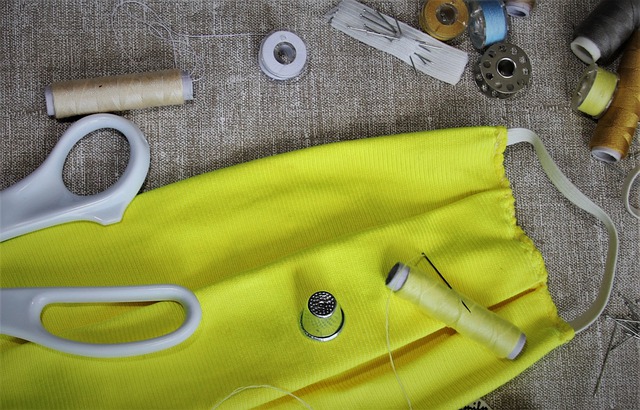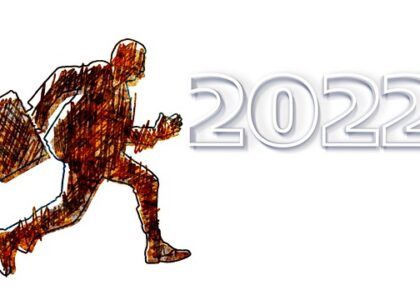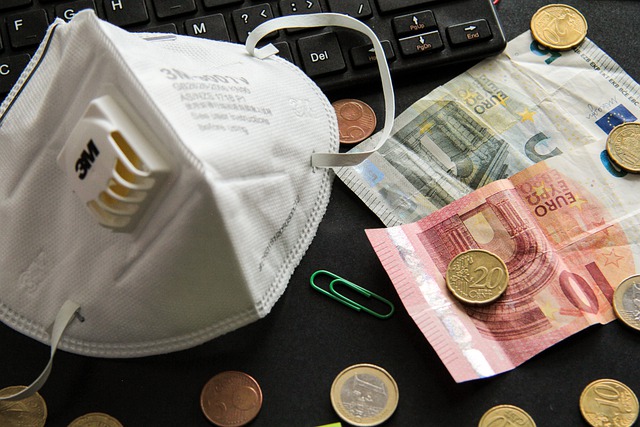Six months have passed since Romania imposed a state of emergency on March 16, 2020, a moment that represented a trigger for a series of profound changes in the business environment. Many new trends have emerged and are influencing the way we work, communicate, and grow.
1. Work from Home – or rather Work from Anywhere (WFA)
It is already clear that the COVID-19 pandemic has fundamentally changed the way employees work, and their presence in office buildings has quickly been replaced by working from home, which will soon turn into work from anywhere, in places where working seemed impossible a year ago. According to specialists, the return to office buildings is unlikely in the near future, and as more employees now working at home will want to temporarily change of scenery, companies must be prepared in terms of internal communication and organisational culture for the moment when we will witness the paradigm shift from “work-from-home” to “work-from-anywhere”.
Once the pandemic passes, many Romanian managers will prefer a hybrid system, from home and the office. The potential is great in general if we look at the fact that Romania is the EU state with the lowest share of employees who went to work, due to the risk generated by COVID-19, according to Eurostat. Our country is the only EU member state with less than 20 percent of employees having worked from home during the pandemic.
2. Crowdfunding and Angel Investing
One problem that has become apparent over the last six months is that founders need people who believe in them from the early stages and provide capital, advice, and networking. Meanwhile, many investors and funds tend to wait until companies show visible traction. Therefore, there is a lack of funding space that is starting to get covered by business angel investors and crowdfunding platforms. The number of angel investors in Romania has increased; now complementary teams need to be created with a product that has a viable go-to-market strategy. Let’s take just two examples: the new crowdfunding platforms launched by Romanian ex-bankers and the UiPath ecosystem, which creates a new generation of millionaires, top employees from which company can in turn invest in the local ecosystem with tech companies.
3. Digitization, digitization, digitization
More and more studies are showing how the coronavirus crisis has accelerated digital development. The move to remote work, online ordering, and the use of cloud IT resources have led to an explosion of digitalization, but this process is still just beginning for two reasons: first, the public administration is only now taking its first shy steps to cut red tape, and second, there are many companies in the business environment with turnovers between EUR 500,000 and EUR 2 million that need digitalization, but do not yet have the required budgets to begin the process.
4. New content platforms
Given that the number of events we can take part in will decrease in the next 12 months, and that managers and entrepreneurs will be increasingly reluctant to attend large networking actions, they will invest more in creating content to develop personal brands in order to expand their business networks. New platforms are now more accessible to Romanian managers and founders: blogs, professional newsletters, LinkedIn, and podcasts. Romania’s podcast consumption is growing, and there are also new projects created by major brands, corporations or entrepreneurial companies. According to a BRAT study, 37.8 percent of Romanians aged between 16 and 50 – that’s 3.2 million people – consume online audio content in a podcast format.
5. More Stock Options Plan programmes
During this period, the attractiveness of Stock Options Plan programmes increases for entrepreneurs, especially in the context of COVID-19, given that certain benefits and salaries can no longer be paid out in the current economic context. A SOP programme is a tool to motivate and reward a company’s staff. Specifically, employees are given the right, at a future date, to choose to purchase company shares at a preferential price – or even get them for free. As a consequence, SOP is also a form of rewarding employee loyalty, improving retention.
6. More grocery and restaurant deliveries
At the global level, more and more tech startups are promising to deliver groceries within 15 minutes. Restaurants in Romania, including City Grill, one of the strongest players of the local restaurant industry, are adapting to new market conditions and pivoting. Home delivery was one of the main drivers of the restaurant and retail business during the COVID-19 pandemic, and this trend will continue to grow.






